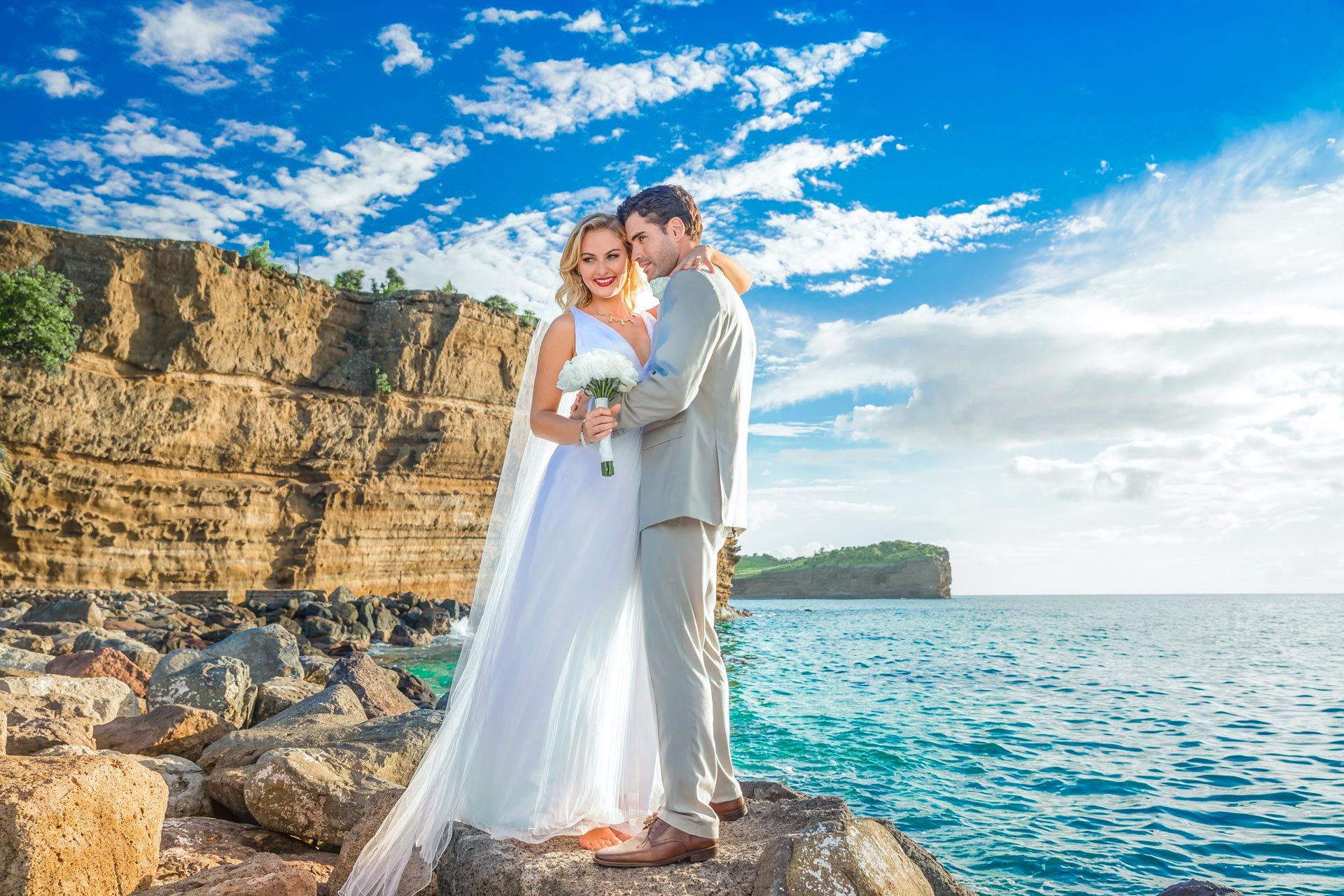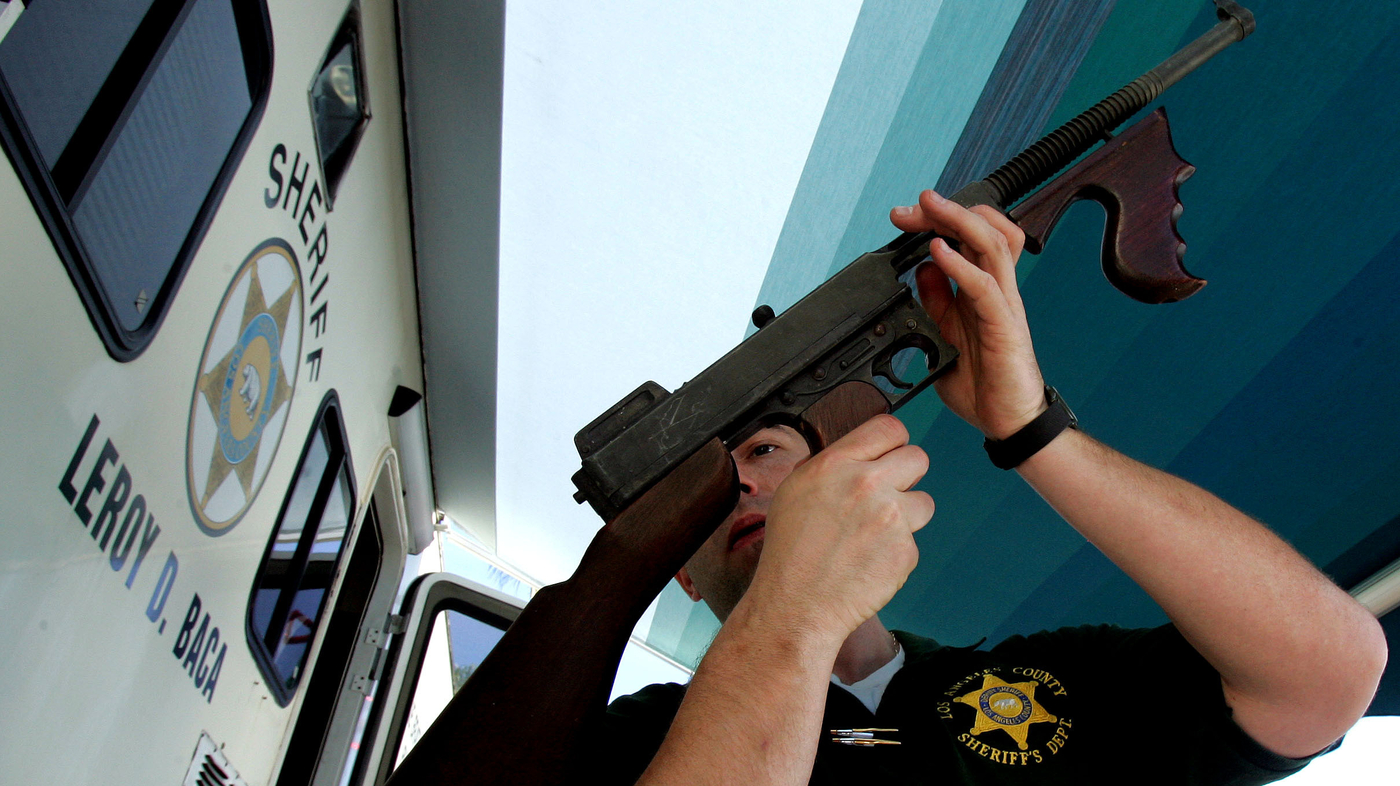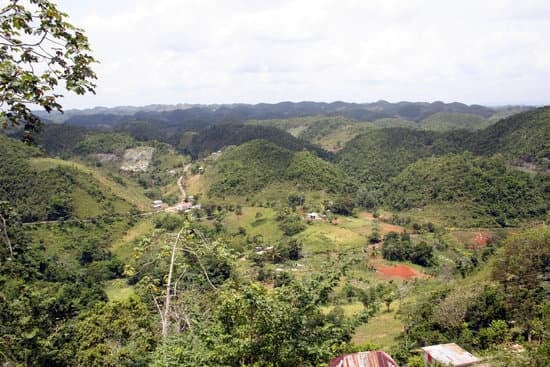Are you curious about some of the weirdest laws in Jamaica? From owning a pet goat to driving with your headlights on during the day, there are some strange regulations on the books. In this blog post, we’ll explore some of the most unusual laws in Jamaica and how they came about.
Marriage Requirements

Getting married in Jamaica is a straightforward process, with only a few required documents. Couples must provide copies of their full-color and notarized documents to be legally wed in the country. The legal minimum age for marriage is 18, but children may marry at 16 with parental consent.
Marriages that take place in Jamaica are recognized in the United States as legal. This includes American citizens getting married in Jamaica according to Jamaican law. However, it is illegal to get married after 6 pm, and burials must be done by 6 pm or they will have to be moved to another day. Sex outside marriage is not allowed either.
The Constitution of Jamaica 1962 sets forth the supreme law and any marital rape laws that may exist within the country’s borders. Last week’s ruling by a Bahamas court reiterating that marital rape doesn’t exist in Bahamian law has animated the topic further.
Prohibition of Sunday Trading
The Sunday Trading Act in Jamaica prohibits the trading of goods and services on Sundays. This law has been in effect since 1895 and is still enforced today. This means that shops, markets, and stores are not allowed to open on Sundays. The only exceptions to this rule are restaurants and hotels, which can serve food on Sundays but must close their retail facilities. This law is designed to give people a day of rest from commerce and allow them to relax or attend religious services without the distraction of shopping. Although this law might seem arbitrary or outdated, it has been an important part of Jamaican culture for centuries.
Restrictions on Feeding Public Animals

Jamaica has restrictions on the feeding of public animals. These restrictions are in place to ensure that food imports meet public health and commerce regulations and standards of food safety, including storage and transportation. The shift in diet away from locally grown produce has also impacted animal diets, leading to the Jamaica Society for the Prevention of Cruelty to Animals (JSPCA) having to humanely end the lives of over 65 percent of animals. Jamaica’s food laws largely adhere to World Trade Organization regulations, as well as the Wild Life Protection Act (WLPA) and its regulations which replaced colonial hunting laws. It is also illegal to have a pigsty in a town without it being properly shut out from public view by a wall or other structure.
These restrictions ensure that public animals are not fed foods which do not conform with food safety standards, while also protecting wild life from hunting. Additionally, they help protect public health by preventing people from coming into contact with contaminated food or unsafe animal products. As such, it is important that everyone adheres to these regulations when feeding any type of animal, whether wild or domestic. Support for providing food for animals may be sought online through organisations such as World Animal Protection.
Laws on Gambling and Lotteries

Gambling and lotteries are a popular form of entertainment in Jamaica. However, they are strictly regulated by the Betting Gaming and Lotteries Commission. The laws governing gambling and lotteries in Jamaica include prohibitions on betting in streets and public places, restrictions on bookmaking unless it is done with a bookmaker’s permit, and regulations on pool betting. Online gambling is legal in Jamaica if it is conducted according to the guidelines of the Betting Games & Lotteries Commission. This includes sports gambling, online lotteries, casino gaming, and other forms of online gambling. It is important to note that there are also strict laws against buying lottery tickets for anyone under 18 years old.
Obscenity Laws
Obscenity laws exist to protect individuals from being exposed to sexually explicit material that can be considered offensive or immoral. In Jamaica, obscene material is strictly prohibited by the law. This includes photos, videos, and other media that display nudity or other explicit content. It is also illegal to distribute such material for commercial purposes. Additionally, abusive language and threats are also considered unlawful under two statutes – The Town and Communities Act in section 3(m), as well as Law 24 of 1890 and Laws amending the same. Violators of these laws may be arrested or imprisoned.
In addition, wearing camouflage clothing in public is illegal in Jamaica. This rule exists in order to prevent criminal activities from taking place while wearing camouflage attire. Furthermore, it is against the law to get married after 6PM or employ anyone under the age of 16 years old without permission from a parent or guardian.
Jamaica’s laws are intended to protect citizens from harm and ensure public safety is maintained at all times. As such, it is important for everyone living in Jamaica to familiarize themselves with local laws so they can abide by them accordingly
Restriction of Firearms Possession

Jamaica has strict regulations on the possession of firearms. In order to own a firearm, individuals must obtain a license and prove their eligibility. Failure to comply with these laws can result in serious penalties, including imprisonment. Recently, the government has passed a two-week gun amnesty to allow those in possession of illegal firearms to surrender them without fear of prosecution. Additionally, stricter penalties are now in place for anyone caught using, trading, making or stockpiling illegal guns. Pepper spray is also regulated under the Firearm Act and is restricted from being imported or used without proper authorization. By having strict laws on firearms possession, Jamaica is taking steps towards curbing gun violence and promoting public safety.
The Use of Car Horns in Jamaica
The use of car horns in Jamaica is a unique experience and can be quite different from other countries. Jamaicans use their horns more than any other nation, and it’s seen as both a form of politeness and expression. Horns are often used to politely indicate that the driver is passing or that they are trying to gain right-of-way at an intersection, although there are certain restrictions on the use of horns. On restricted roads with streetlights and 30mph limits, horns should not be used while driving. Additionally, motorists must yield to emergency vehicles with flashing lights/sirens. Finally, honking after 6pm is illegal in Jamaica. To get the most out of your experience driving in Jamaica it’s important to familiarize yourself with local motoring etiquette and rules of the road before you go!
Picking Fruits and Vegetables from Trees in Public Areas

Picking fruits and vegetables from trees in public areas is a great way to enjoy the bounty of nature. Fruits like ackee, breadfruit, mango, June plum, tamarind and guinep can be found in abundance throughout Jamaica. Not only are these fruits a healthy part of any diet, they can also be used for medicinal purposes. The Jamaican government has enacted laws to ensure that these fruits are harvested sustainably so that future generations can continue to enjoy them. By following the regulations when picking fruits and vegetables from trees in public areas, you can help protect Jamaica’s natural resources for years to come. From the vibrant Saturday morning markets full of colorful fruits and vegetables to reforestation programmes aimed at restoring Jamaica’s forests–picking fruit from trees in public areas is an easy way to contribute to Jamaica’s growth.
Pets Allowed in Hotels
Are you planning a trip to Jamaica and want to bring your pet along? Then you will be glad to know that there are many hotels in Jamaica that allow pets! Whether you’re looking for a luxurious beachfront getaway or an affordable budget stay, you can find accommodations that will let your furry friend join in on the fun.
When staying at pet-friendly hotels, it’s important to follow the rules and regulations for each establishment. Some may require immunization certificates and proof of flea/tick treatments, while others may charge extra fees or impose breed restrictions. But no matter where you stay, your pet will always be welcome with open arms!
In most areas of Jamaica, dogs are allowed on the beaches and other public places as long as they are kept leashed. Many hotels even provide special amenities for pets such as doggie beds and bowls. If you plan on doing some sightseeing with your four-legged friend, make sure to check out some of Jamaica’s top attractions such as Strawberry Fields Together in St Mary or Moxons Beach Club in Negril.
Whether you’re looking for a romantic escape or a family adventure, Jamaica has something for everyone – including your furry companions! So pack up those suitcases (and kennels) and head off on a Caribbean holiday with your pet today!
Swearing in Public is Illegal
Swearing in public is illegal in Jamaica, as it is considered a disturbance of the peace. This law applies to all forms of public swearing, such as cursing and using indecent language. Anyone caught breaking this law can be punished with fines or jail time. However, it has been noted that these laws are rarely enforced for those who do not disturb the peace. Additionally, films containing indecent language can be screened in public cinemas without being illegal.
Recently, Jamaican dancehall artist and reality show star Spice has appealed to Prime Minister Andrew Holness to legalize “bad/curse words” as it can often help people express their emotions better than other words can.
It is worth noting that smoking marijuana is also illegal in Jamaica, making it one of only a few countries that prohibits its use. Other weird laws still on the books include that it is illegal to get married after 6 pm and to carry a machete in public without permission from the police commissioner.
Finally, while handholding and kissing are generally allowed in Caribbean countries such as Jamaica, public displays of affection (PDA) may still be frowned upon by some locals or seen as inappropriate by authorities. In contrast, swearing could get you fined or deported if done publicly in the United Arab Emirates under Article 373 of its Penal Code. So remember: keep your sailor talk at bay when visiting Jamaica!
Conclusion
In conclusion, Jamaica has a range of laws that are unique and sometimes strange. These laws include prohibiting marriage after 6 pm, banning the practice of Obeah and criminalizing abortion. Additionally, there are laws against importing cattle and notifying authorities of sexual offences. In addition to these laws, Jamaica has passed legislation providing free basic public education to all children regardless of citizenship and has strict drug control policies. Finally, Jamaican law protects children who are detained from abuse and maltreatment.
